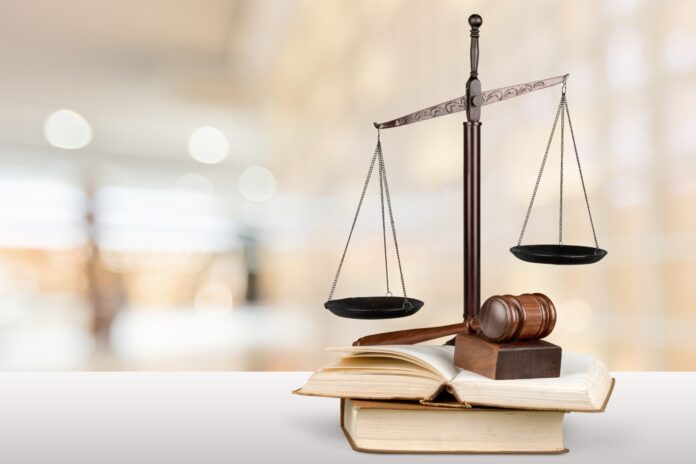According to a recent CNBC report, the average amount of consumer debt held by individual Americans is over $92,000.
Consumer debt includes things like student loans, car loans, personal loans, and credit card balances. It does not include mortgages.
Are you currently overwhelmed by consumer debt?
There are options to help you, including bankruptcy.
Keep reading to understand the basics of Chapter 7 bankruptcy and learn if it’s a good option for your situation.
There are Different Types of Bankruptcy
There are 6 different bankruptcy types, but the two that most commonly apply to individuals are Chapter 13 and Chapter 7 Bankruptcy.
Chapter 13 bankruptcy is easier to qualify for, but you do have to pay back some of your debt over a 3- to 5-year payment plan.
Chapter 7 forgives more of your debt, so there are stricter rules for qualifying.
What is Chapter 7 Bankruptcy?
If you qualify for a Chapter 7 bankruptcy, you will potentially be able to clear all of your unsecured debt.
This means debt such as credit cards, personal loans, and medical bills.
This does not mean debt such as
- student loans,
- tax debt,
- child support, or
- loans for assets that will remain in your possession such as cars and houses.
As part of filing for bankruptcy, you will be required to list all of your assets. You will be able to keep personal property and necessities, but be prepared to sell or return expensive items like jewelry or recreational vehicles.
How Do I Know If I Qualify?
When you file for bankruptcy you will have to pass a means test. This will determine if your financial situation will prevent you from being able to pay off the debts that you are asking to have discharged.
Enlisting the help of a law firm dedicated to bankruptcy law can help you understand the requirements.
Professionals like Obryanlawoffices.com ensure that you file your paperwork properly, don’t miss deadlines, and navigate the courts successfully.
Chapter 7 Bankruptcy Benefits
The main benefit to Chapter 7 bankruptcy is the discharge of your debts.
Until the process is complete, you also get some breathing room. As soon as you file for bankruptcy an automatic stay goes into effect on all accounts included in your filing.
An automatic stay prevents creditors from contacting you to attempt to collect on the debt. You also do not have to make payments.
But What Are the Consequences?
You do need to understand that filing bankruptcy will impact your credit.
Your credit score will initially go down, but with diligence can recover pretty quickly.
The main negative impact will be having a bankruptcy on your credit file for the next 7 to 10 years. This flags you as a high risk to lenders and will mean denied applications or higher interest rates.
Is Chapter 7 Bankruptcy Right For You?
Now that you understand the basics of Chapter 7 bankruptcy, it is up to you to decide if it is right for you. If the benefits outweigh the impact on your credit, then find a good attorney and take the steps needed. Best of luck!
For more articles on lots more topics, check out the rest of our site!










